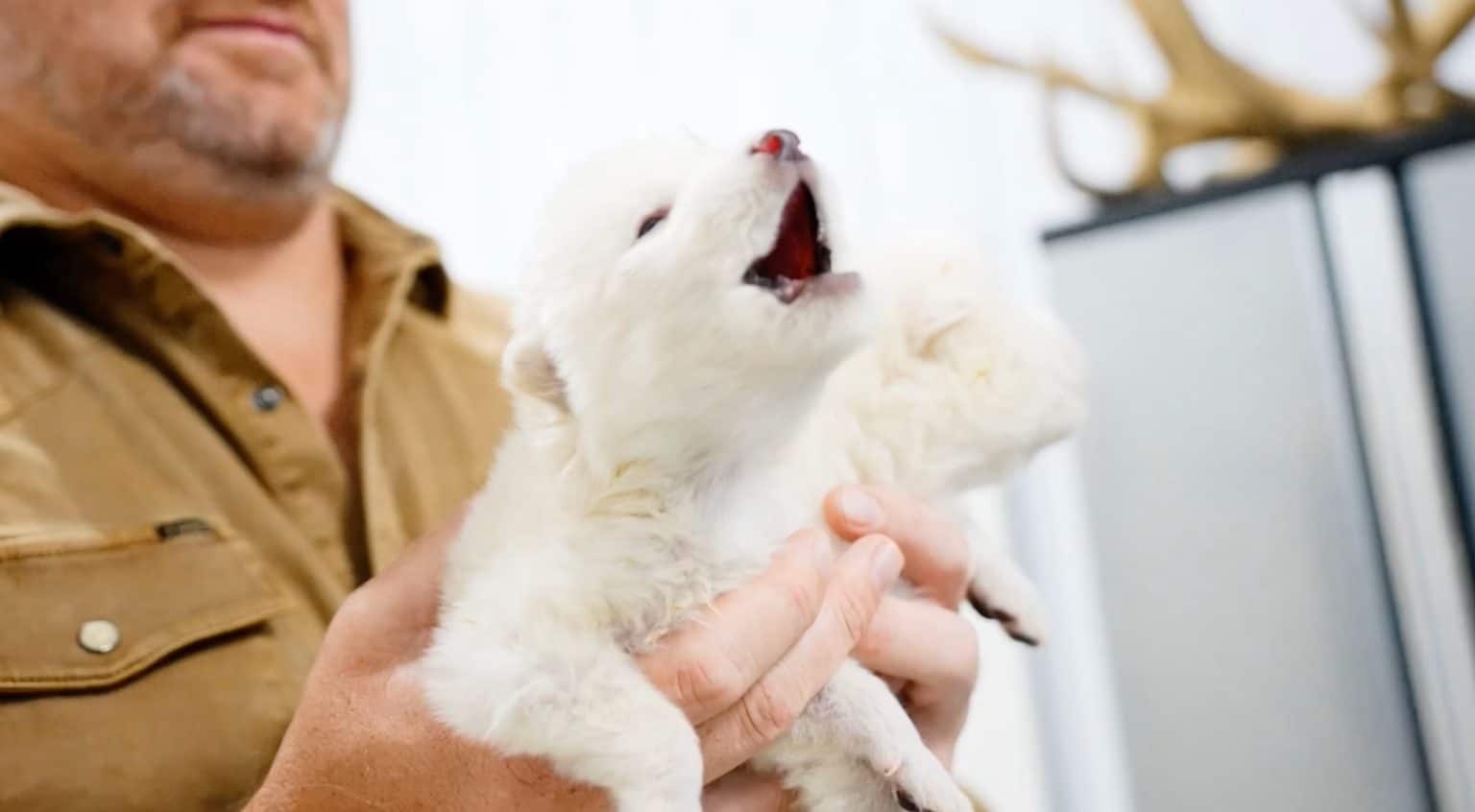Dallas-based biotech innovator Colossal Biosciences has made history by creating three dire wolf-like pups, marking the world’s first triumph in de-extinction.
On April 7, 2025, CNN announced a breakthrough involving advanced gene-editing and cloning techniques to revive the traits of the extinct dire wolf (Aenocyon Dirus), which disappeared about 12,500 years ago.
The project began with ancient DNA extracted from a 13,000-year-old tooth and a 72,000-year-old skull. Scientists reconstructed the dire wolf genome and edited the DNA of its closest living relative, the grey wolf. They applied 20 precise edits across 14 genes, targeting traits like jaw strength, fur density, and skeletal structure. Two male pups arrived in October 2024, followed by a female in January 2025, all birthed by large domestic hound surrogates.
🐺 One of three pups, bred in ‘world’s first successful de-extinction’, takes its name from Game of Thrones
Read more ⬇️https://t.co/L7XP8uhcun pic.twitter.com/wFyCT7ohDM
— The Telegraph (@Telegraph) April 8, 2025A Prehistoric Icon Reborn
Known to HBO’s Game of Thrones fans, the dire wolf was a formidable predator larger and sturdier than today’s wolves. Colossal’s team compared its genome to modern canids like jackals and foxes to pinpoint and restore its unique features. Love Dalén, an evolutionary genomics expert from Stockholm University and a project adviser, noted, “These pups are 99.9% grey wolf genetically, but their dire wolf genes give them a prehistoric look unseen for 13,000 years.”
The dire wolf isn’t the only animal that Colossal, which was founded in 2021 and currently employs 130 scientists, wants to bring back.
Also on their de-extinction wish list is the woolly mammoth, the dodo, and the thylacine, or Tasmanian tiger https://t.co/URIPunY8ID
— TIME (@TIME) April 7, 2025Colossal Biosciences isn’t stopping at dire wolves. The company aims to harness de-extinction technology for conservation, evidenced by their cloning of two litters of critically endangered red wolves using similar methods. This dual focus underscores their mission to blend innovation with ecological impact.
The dire wolf, lost to history over 10,000 years ago, has returned, howling once again following its species' "de-extinction."
Colossal Biosciences, an American biotechnology and genetic engineering company, introduced pups Romulus and Remus and their sister, 2-month-old… pic.twitter.com/dYgWbQOHwq
— The Philippine Star (@PhilippineStar) April 8, 2025While some critics question the ethics of de-extinction and its resource demands, others wonder if these pups can fulfil a meaningful role in modern ecosystems. Nevertheless, experts hail this achievement as a groundbreaking stride in gene-editing and conservation science, opening doors to future possibilities.






